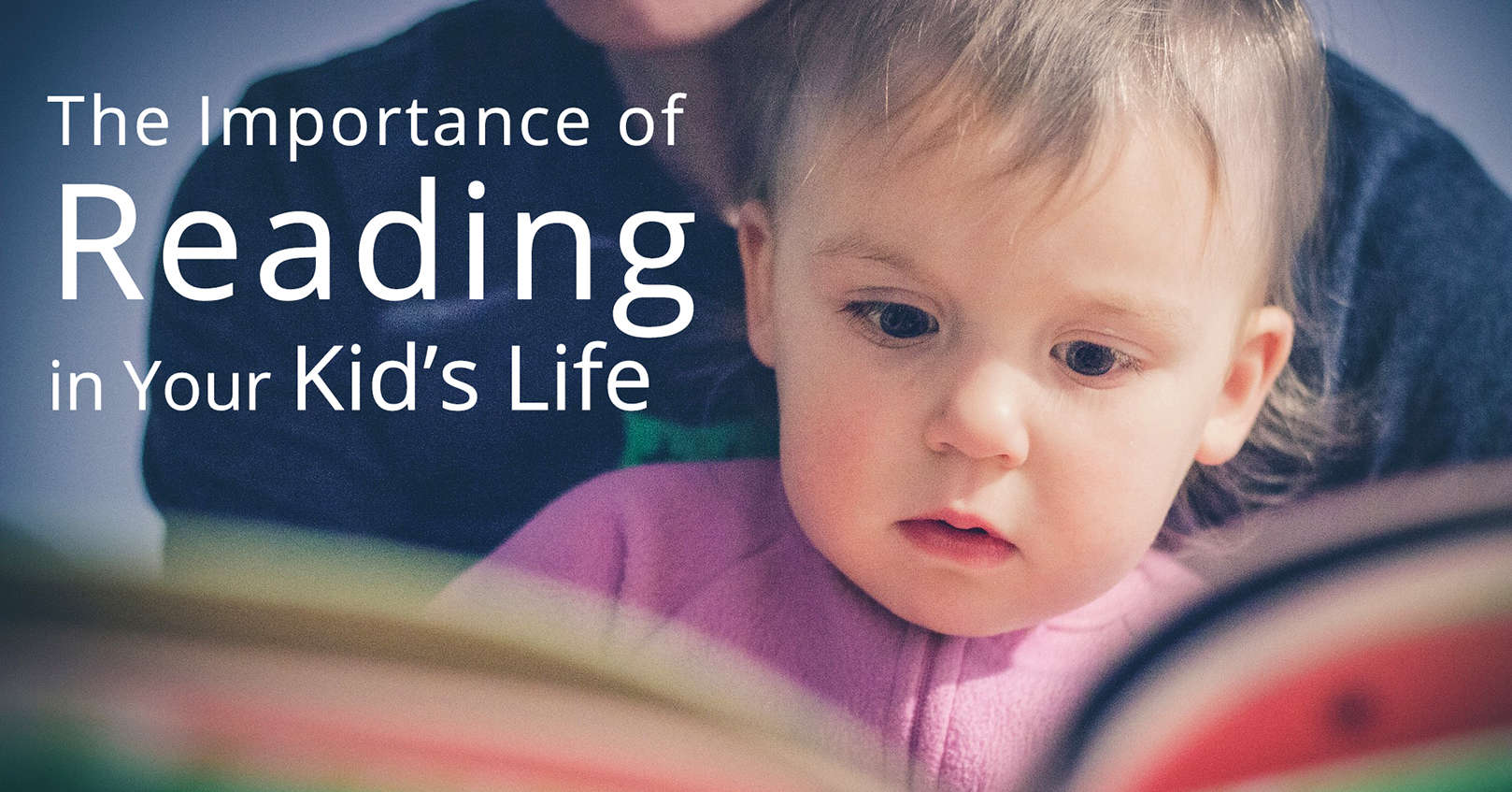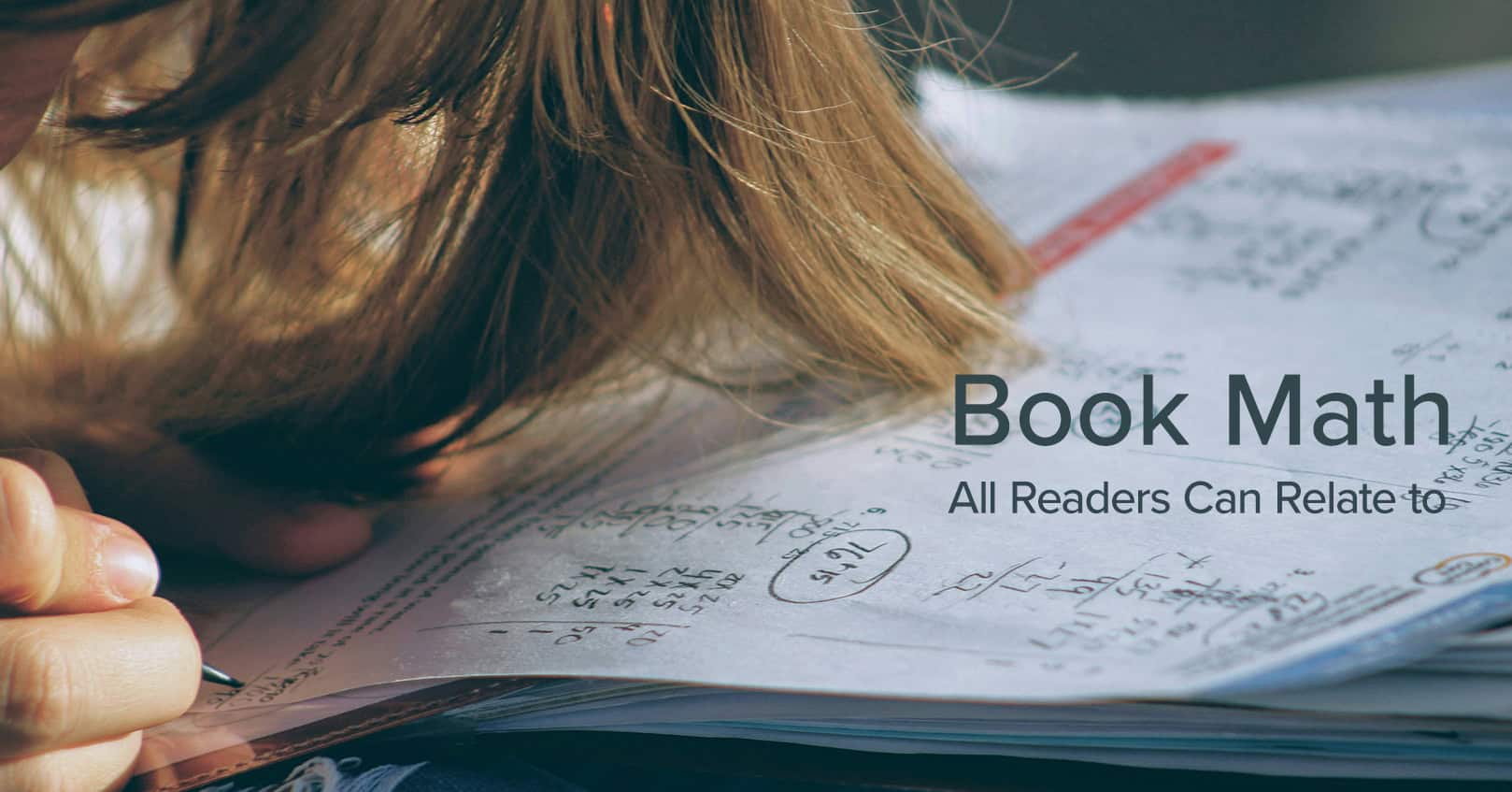
Reading aloud together with your child will prepare your child to succeed better than any other activity. Why? We’ll go over the reasons reading is so important in your kid’s life in this post, along with tips on how to read aloud with your child.
Why Is Reading Aloud to Your Kid Important?
Stimulates the Imagination
Of course, imagination and creativity need to be used in order to grow stronger, and reading with your kid gives them that practice and opens new worlds to them. This practice can help them dream bigger and go after their dreams in life.
Helps Your Child Understand the World
Reading introduces kids to new settings, people, situations, and events that they might not have otherwise been exposed to. This can be further enhanced if you pause to ask your child what lesson the character learned, or why they think the character felt and acted that way, or if you take some time to tell them a little bit more about the setting the story takes place in.
Develops a Bond between Parent and Child
Reading together with your kid can become a regular, shared event that you can both look forward to, creating a stronger bond between parent and child. This time together gives your child a feeling of intimacy and safety, and these feelings of love encourage growth and development. This time also gives you and your child something to talk about later and can be a springboard to meaningful discussions about life lessons.
Improves Language Skills
Reading aloud to your child will help with language acquisition, communication skills, literacy skills, and social skills. Time Magazine reports, “Reading to a child early and often activates the part of the brain that allows them to understand the meaning of language.”
Your kid will also learn new vocabulary while you read to them, especially if you take the time to explain unfamiliar words. A 2019 study estimated that over the first 5 years of life, children that are read one picture book every day hear 1.4 million more words than children who are never read to.
Increases Cognitive Development
Beyond improving language skills, reading aloud to your kid also helps with cognitive development. Brain scans show that listening to stories activates parts of the brain that support mental imagery and story comprehension.
Increases Concentration and Attention Span
Reading with your kid requires them to sit still and pay attention for a length of time. This practice will help better concentrate and pay attention in other situations, an important skill in your kid’s life.
Prepares Your Kid for School
Of course, if your kid is familiar with reading, they have the base they need for school: they are better able to identify the individual sounds of spoken words, their reading comprehension will be higher, they’ll know more vocabulary, they’ll be more disciplined, and they may even be connecting spoken sounds with written letters.
The Becoming a Nation of Readers report from 1985 says, “The single most important activity for building knowledge for their eventual success in reading is reading aloud to children.” In fact, research shows that reading to your kid at a young age has a direct effect on their schooling outcomes.
Teaches a Lifelong Love of Reading
At first, children will associate reading with spending time with a parent. Reading aloud to your kid will connect reading and “fun,” leading to them liking reading as they grow and start to read by themselves. Independent reading is the best way to increase in knowledge, and a lifelong habit of reading will lead to a more intelligent, knowledgeable adult.
Some More Reading Tips
- Start reading with your kid when they are young—even at just a few months old.
- Include books that are slightly beyond your child’s reading level, so you can stretch them and motivate them to improve their skills.
- Be consistent—read once a day at a regularly scheduled time as much as possible.
- Read a variety of books to increase your kid’s exposure to different situations and people.
- Choose books that you also enjoy. If you don’t like a book, your kid will be able to tell and the experience won’t be as fun or beneficial.
- Make reading time fun by giving characters different voices and bringing the story to life with your intonation.
- Take time to discuss vocabulary, plot, and life lessons from the book, so your child will be sure to understand the book and learn the skills they need to understand other things they read on their own and in school. The Becoming a Nation of Readers report says, “Children whose parents asked few questions or only questions that required repetition of facts from stories achieved less well in school reading than children whose parents asked questions that required thinking and who related story happenings to real life events.”
- For early reading in picture books, try reading the pictures the first couple times through instead of the text. Guess what is happening in the picture and what will happen based on the setting and the characters and their body language. These visual connections can further help your child develop vocabulary and critical thinking skills.
- Don’t stop reading to your kid just because they are a teenager. Reading together at that age still strengthens the parent-child bond, increases creativity, expands vocabulary, and stimulates the imagination. In a Scholastic report, 83% of kids age 6–17 said that they loved or really liked being read to.
Do you read with your children? We’d love to hear real-life stories of how reading with their parents have affected your kid’s life!
Happy reading!
















Very useful
Loved this blog Catia, thank you for sharing it with us. This is really and informative.
Everyone’s first reading experience is often about fairytales, bedtime stories, and chapter books introduced by parents when we were children. Although they may seem simplistic, these stories have greatly helped each one of us in how we see, interpret, and interact with the world. It may not be evident, but storybooks have a place in any person’s life.
You may also check my blog about Four Things Literature Teach Children in Life
Thanks,
Regards,
Caroleann
This is a great article and an informative list. Thank you!